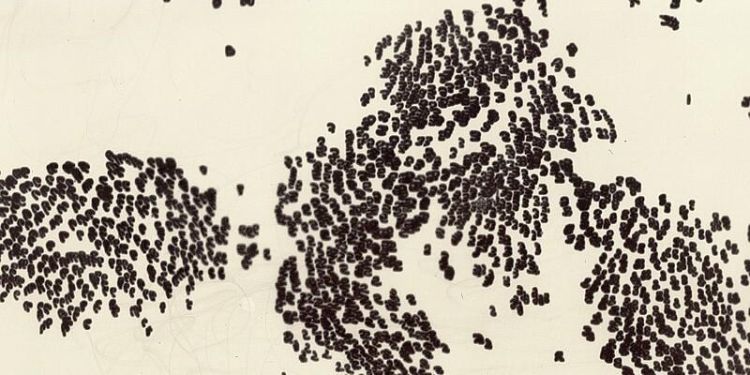Affect, Archive & Artificial Intelligence

- Date: Wednesday 2 April 2025, 15:00 – 16:30
- Location: Online
- Cost: Free
You are invited to the third event in the Hamburg-Leeds Lecture Series 2025, with speakers Dibyadyuti Roy (University of Leeds) and Heike Zinsmeister (University of Hamburg).
The Hamburg-Leeds Lecture Series 2025 – Affect, Archive & Artificial Intelligence – is jointly organized by Professor Dr Julia Nantke (Junior Professor at the University of Hamburg) and Dr Dibyadyuti Roy (Assistant Professor in the School of Fine Art, History of Art and Cultural Studies at the University of Leeds).
Comprised of three hybrid events taking place between February and April 2025, the lecture series is the start of a larger cooperation planned between Hamburg and Leeds in the field of Digital Humanities.
Each talk will examine the interactions between users and historical and digital archives from different disciplinary perspectives, particularly with regard to new methods of AI-supported research and representation.
Moderated by Julia Nantke, this third lecture in the series will hear from Heike Zinsmeister (University of Hamburg) and Dibyadyuti Roy (University of Leeds).
Topics and speakers
Affect in Digital Spaces: Qualitative and Quantitative Approaches
Heike Zinsmeister (University of Hamburg)
Feeling the Archive: Relations of Affect and Algorithms in Digitality
Dibyadyuti Roy (School of Fine Art, History of Art and Cultural Studies, University of Leeds)
Attend the lecture
Find out how to attend in person at the University of Hamburg or online via Zoom.
About the Hamburg-Leeds Lecture Series
The Hamburg-Leeds Lecture Series is dedicated to the conditions of accessing, researching and representing cultural artefacts in the course of the latest developments in digitalisation. Through their digitisation, cultural artefacts are becoming more visible and accessible to a wider public.
Digitisation also brings with it a drive towards standardisation, which is at odds with the individual characteristics of digitised objects and the individual interests and needs of users.
The use of generative AI and Large Language Models (LLMs) offers new possibilities of access and potentially new insights into the structures and mechanisms of objects and related practices, including the affect of users interacting with digital data. At the same time, born digital artefacts such as data on floppy discs, CD ROMs and hard drives are increasingly entering the archives, potentially requiring new research practices.
The talks will examine the interactions between users and historical and digital archives from different disciplinary perspectives, particularly with regard to new methods of AI-supported research and representation.
The lectures will take place on 26 February, 3 March and 2 April at 3pm UK time (4pm Central European Time) in the Digital Humanities Lab at the University of Hamburg and hybrid via Zoom.
Find out about all three lectures in this series.
Image
Philipp Schmitt / Better Images of AI / Data flock (digits). Licenced by CC-BY 4.0.

